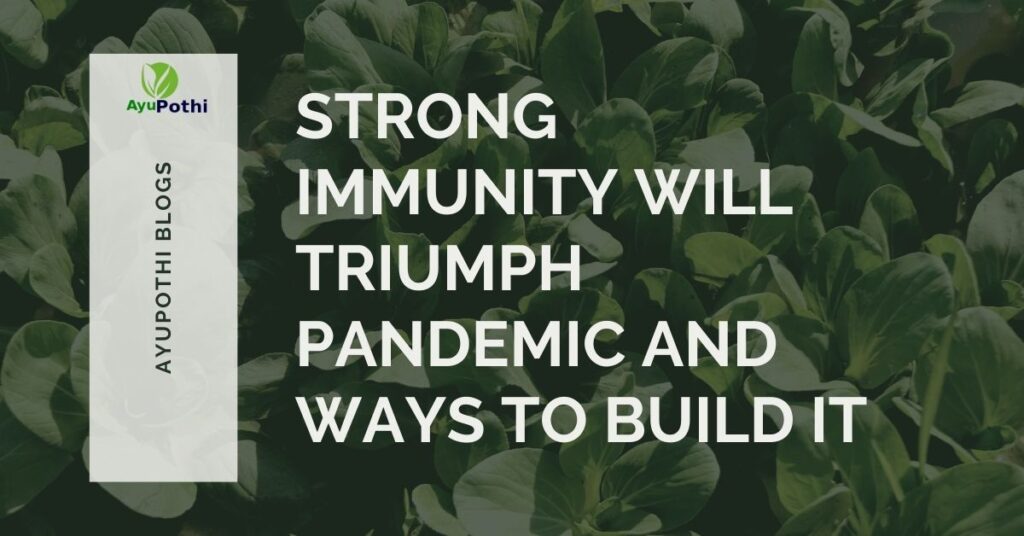One good thing about music, when it hits you, you feel no pain
– Bob Marley
Music is a language of emotions that helps us to represent our different feelings with instrumental sound or melodies and they just barge into the soul with no boundaries or limitations. We are always challenged by life and at that time we have to just turn on the music and its help to forget everything.
Music is divided into genres and then further into subgenres. But in normal terms, we categorized music with the Joy, Love, Friendship, Comfort and Spiritual. When we explore the world of music every country has different meaning of music, creation and culture which make it stand out from others. Traditional music is important and should be preserved as a part of a country’s cultural identity.
Music Therapy
After both world wars, the traveling music groups volunteer to play music for hospitalized veterans then doctors and clinicians began to realize the powerful effects that music has on the healing process and requested professional musician be hired by the hospitals. That create the need for specialized training of music as a therapeutic method. Gradually, universities began including music therapy as a part of their curriculum and Michigan University in 1994 become the first university, to begin with.
Music therapy is a therapeutic approach that uses to naturally lifting the mood, improve the mental health of people. It’s involves various activities like:
- Making and discussing music
- Writing songs
- Singing
- Dancing
- Listening to music
Music therapy is divided into the Active process, where clients play role in creating music; the Passive process, which involves listening or responding to music. During music therapy sessions, different genres of music and musical instrument are played. You may be asked to sing or dance and your therapist may encourage you to improvise or may set structure for you to follow.
There are a variety of approaches established in music therapy, including Analytical music therapy, Cognitive behavioral music therapy, Community music therapy, Vocal psychotherapy, etc.
Music therapy can be highly personalized, making it suitable for different age group and benefit people with different musical experience levels according to their different mental or physical health challenges.
Indian Ayurveda
The country has a long/enrich history for music. Music began as an integral part of socio-religious life. For the (ancient) people music is the way to represent their love for God. The Ayurveda involves music as a “Raga chikitsa” as a medicine. Different ragas are effective in different diseases. The diseases are concerned with the time and seasons and the ragas are also differentiated with time and seasons.
Raga and Diseases
| RAGA | DISEASES | |
| 1. | Ahir Bhairav | Indigestion, Rheumatic, Arthritis, Hypertension |
| 2. | Bageshri | Insomnia |
| 3. | Basant Bahar | Gall Stones |
| 4. | Bhairavi | Rheumatic Arthritis, Sinusitis |
| 5. | Darbari | Sedative |
| 6. | Deepak | Indigestion, Hyperacidity, Gall Stones |
| 7. | Jaunpuri | Diarrhea, Constipation |
| 8. | Kedar | Headache, Asthma |
| 9. | Ramkali | Colitis, Piles |
| 10. | Malhar | Asthma |
Other than these ragas, there are so many other ragas that are effective in different diseases. The other unique characteristic of Indian classical musicals is that there a definite times for performing ragas. It believed that only in the specific period only the ragas are at the height of their melodic beauty. So, the ragas are performed in specific times and seasons.
Benefits
- Activate the different region of brain that influence memory, emotions, movement, and sensory relay, decision-making.
- Fulfil social needs for older adults in group settings
- Lower heart rate and blood pressure and Relax muscle tension.
- Increase positive feelings by releasing endorphins like: Euphoria, emotional intimacy, confidence and empowerment.
- Relieve stress and encourage fillings of calmness.
- Strengthen motor skills and used to help children and adolescents: Improve their communication skills, develop their identities, learn to regulate their emotions, recover from trauma.
- With the combination of other treatment music therapy help in reduce obsessive thoughts, depression and anxiety in people with OCD.
Music therapy has numerous other benefits, such as providing a creative outlet, expanding knowledge and cultural awareness also:
- Music has universal language. Music has no religion, language barrier and boundaries and the easiest way to define our happiness, sorrow and success. Music only speak language of love.
- We always hear that music is the most pure entity in the world and the people who create music are closest to the god. It connect our heart and soul in a sync and refresh and heal them.
- Music impact the society with their sounds, messages in the lyrics and the emotions we releases through music. Music reaches to our feelings and deepest parts of our minds.
- Music is the best therapy for brain, it increase our focus and even motivates us which change the way one sees the world.
- Often times the favourite song selection is linked to the emotional situation, the music has the capacity to imitate emotions and heartbeats change along with musical notes.
- The slow beats represents the sadness or with the little change in rhythm or situation it’s the soothing music. The fast and upbeats are more courageous, happy and also show the excitement.
I’m going to end this with a quote:
“Music gives a soul to the universe, wings to the mind, flight to the imagination and life to everyone.”
– Plato
Contributed By - Renu Bajwa


